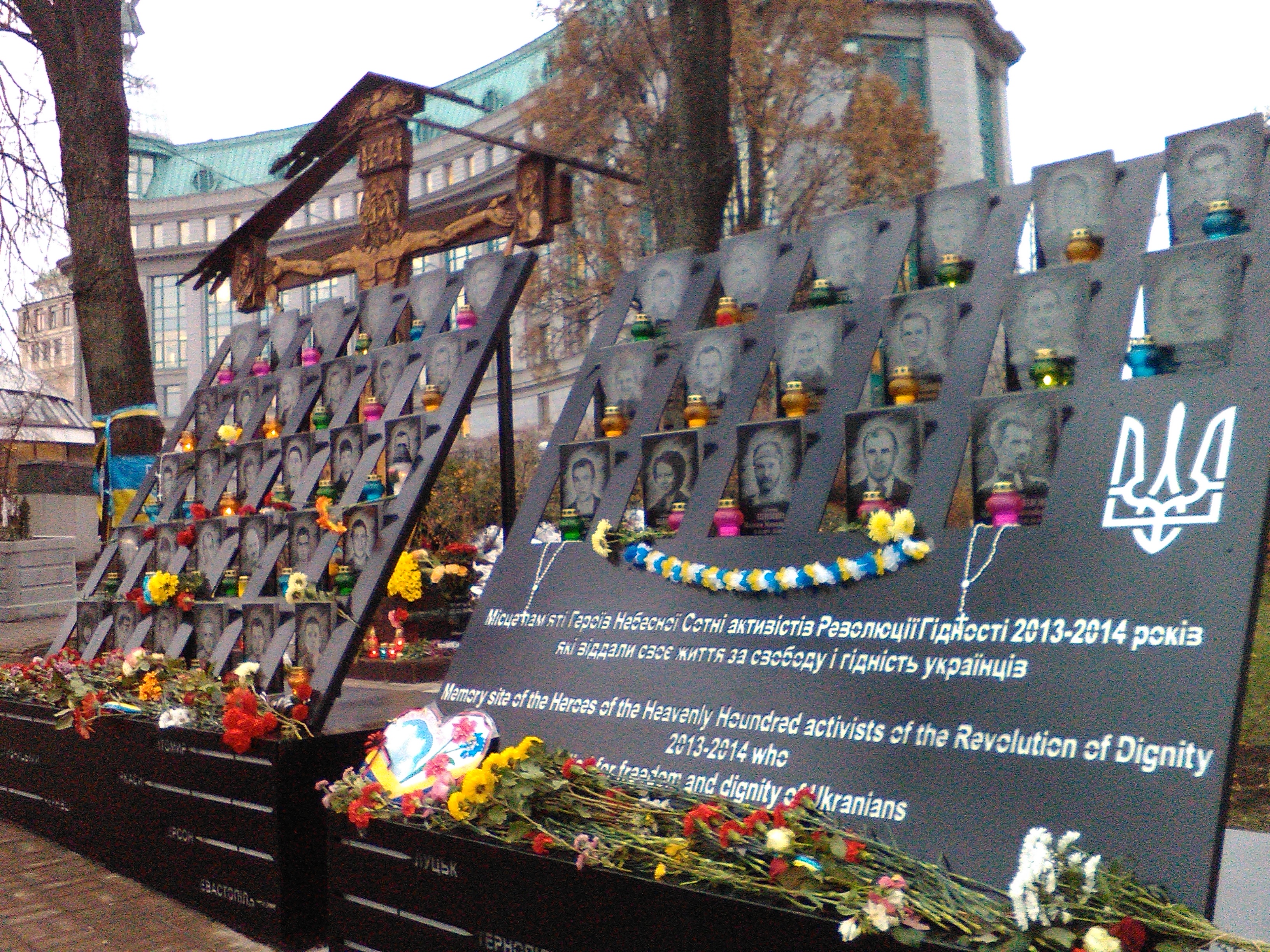Der Link Putin-Trump – von den Medien hochstilisiert –hat zwar seine Berechtigung: Die beiden sind sich jedoch nie begegnet, haben nur Nettigkeiten über die Medien ausgetauscht. Mit dem Amtsantritt von Trump im Januar 2017 beginnt eine Zeit der Realpolitik.
Hier veröffentlichen wir einen Kommentar von Maxim Trudolybov zu den Reaktionen in Moskau:
MAXIM TRUDOLYUBOV schreibt: On the face of it, Russia is one of the few countries in the world that would have welcomed a triumph of Donald Trump, the U.S. president-elect. But the day of Russia’s first reactions to the news from the U.S. made me think that the Kremlin was not really sure it needed a Trump win. More likely it needed a Trump loss.
Some Russians are big Trump enthusiasts, international polls suggest. If other countries could help choose an American president, Russia’s vote would have been for Donald Trump. Of six major non-U.S. states polled by the survey company Pollfish in late October, Russia was the only one giving more support to Trump than to Hillary Clinton, the Democratic Party’s candidate.
But this is probably a reflection of the heavily pro-Trump coverage Russian audiences have been fed on a daily Basis.
….no other news made it onto the three major news channels’ prime-time segments: Channel One, Russia One, and NTV were talking only about Trump, Clinton, and President Vladimir Putin’s early cable of congratulations. “Russia is ready and looks forward to restoring bilateral relations with the United States,” Putin said in his message.
The Duma MPs applauded when they heard the news of Trump’s electoral triumph during a plenary session. Russia’s most famous pro-Kremlin politicians (other kinds are not invited to be on the major networks) welcomed the Trump win. The communist Gennady Zyuganov said President Trump would “make life easier for Russia.” The veteran populist Zhirinovsky was reported to have thrown a celebration party in the Duma, Russia’s lower house of parliament.
And yet it was clear yesterday that the Clinton upset was as much of a surprise for the Russian elites as it was for the establishments in many other countries.
Konstantin Kosachev, chairman of the International Relations Committee of the Federation Council, the upper house of parliament, told Russia One that he did not expect Trump to win because he “went against the system.” “And the Americans have taught me that the system always prevails,” Kosachev was quoted as saying. “The system” is an important term in the Russian political vocabulary. This vague word usually refers to a combination of direct and indirect influence that the government institutions, media, and punditry have over society. A clever system, in the Russian establishment’s view, is the one that can keep its grip on power while holding elections and paying lip service to other democratic institutions. Many in Moscow are convinced that this is how the U.S. system works and that this is what Russia has to learn from the Americans: the system should always prevail.
My reading of Moscow’s reactions is that the Kremlin only needed Trump as a good story, not as a real counterpart to Putin. Trump the underdog who went against the system and failed would be a protagonist in a saga of a rigged election. Dmitry Kiselev, a journalist often considered Russia’s propagandist-in-chief, was saying last week that the presidential campaign was bound to produce a “lame-duck president since day one.”
“Democracy R.I.P.,” Margarita Simonyan, editor-in-chief of RT, tweeted on election night. Simonyan meant that while Clinton was winning, democracy was losing. She later wrote that she had lost a crate of beer on the Trump win.
I would not be surprised to learn that Russia’s state media were preparing a campaign built around Trump’s earlier “rigged election” claims. It would make perfect sense as retaliation for Hillary Clinton’s statements five years ago that the Russian parliamentary election of 2011 was “neither free, nor fair.” That comment was said to have infuriated Putin, who said at the time that Clinton, by questioning the fairness of the Russian electoral system, signaled to certain actors within Russia to start an anti-government protest.
The real Donald Trump as president is as enigmatic a figure for the Kremlin as he is for anyone. “What we have heard Trump saying about Russia was campaign rhetoric,” Kosachev, the Federation Council member, said yesterday. “I would expect this rhetoric to tone down in the coming months….
Right now we should not change anything in our policies toward the U.S.”
The Russia File -a Kennan Institute Blog- also По-русски– BY MAXIM TRUDOLYUBOV

